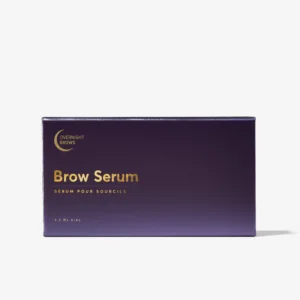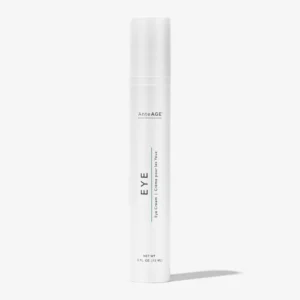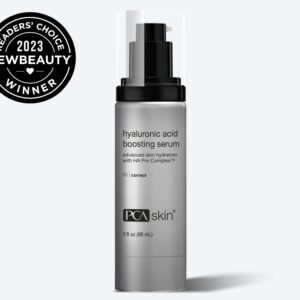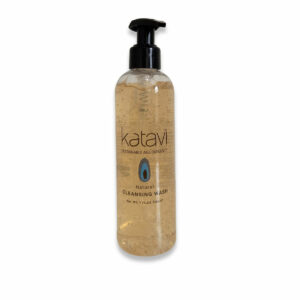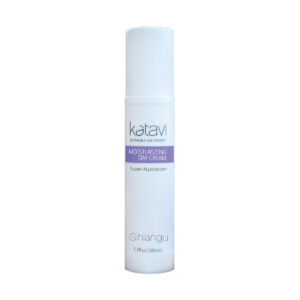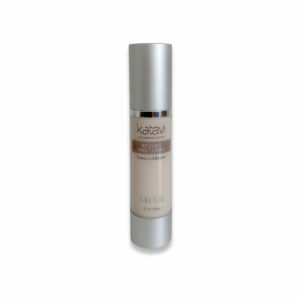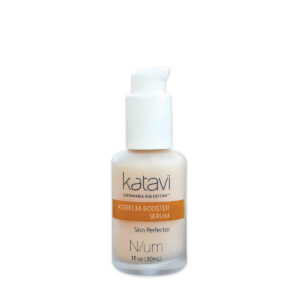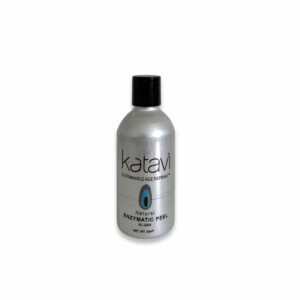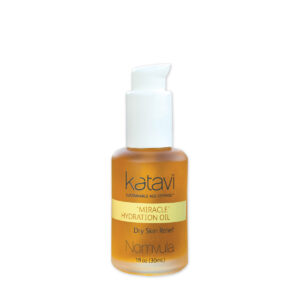What is TRT?
TRT stands for Testosterone Replacement Therapy. It is a medical treatment in which testosterone, a hormone that is naturally produced in the body, is administered to men who have low levels of testosterone. TRT can be given in several forms, including injections, patches, gels, and pellets. The goal of TRT is to restore testosterone levels to a healthy range and alleviate symptoms associated with low testosterone levels.
TRT for Women?
Testosterone replacement therapy (TRT) is sometimes used to treat women with low testosterone levels due to medical conditions such as menopause or polycystic ovary syndrome (PCOS). However, the use of TRT in women is still controversial and should be approached on a case-by-case basis. Some potential benefits of TRT in women include improved sexual function, increased muscle mass and bone density, and improved mood and energy levels. However, it can also have side effects such as acne, facial hair growth, and deepening of the voice. Therefore, women considering TRT should discuss the risks and benefits with their healthcare provider and have their hormone levels carefully monitored.
Menopause and Testosterone
During menopause, women experience a decline in estrogen production, which can lead to a variety of symptoms such as hot flashes, night sweats, vaginal dryness, and decreased sex drive. While testosterone is often thought of as a male hormone, women also produce testosterone in their ovaries and adrenal glands. In fact, testosterone plays a role in maintaining bone density, muscle mass, and overall sense of well-being in women.
In some cases, women may benefit from testosterone therapy during menopause to help alleviate symptoms such as low libido, fatigue, and mood changes. However, it’s important for women to work with a healthcare provider who specializes in hormone therapy to determine if testosterone therapy is appropriate and to ensure proper dosing and monitoring.
PCOS and Testosterone
Polycystic ovary syndrome (PCOS) is a condition in which women’s hormones are imbalanced, leading to the growth of cysts on the ovaries. One of the hormones that is often elevated in women with PCOS is testosterone. High levels of testosterone in women can cause a range of symptoms, including acne, excess facial and body hair, and irregular periods.
Testosterone therapy is not generally recommended for women with PCOS unless they have very low levels of testosterone. Instead, treatment for PCOS usually involves lifestyle changes such as weight loss, exercise, and a healthy diet. Other medications may also be prescribed to help regulate menstrual cycles and control symptoms such as excess hair growth.
It is important for women with PCOS to work closely with their healthcare provider to determine the best course of treatment for their individual needs.
Sexual Function and Testosterone
There is evidence to suggest that testosterone therapy can improve sexual function in women. Testosterone is an important hormone for female sexual desire and satisfaction, and low levels of testosterone can contribute to decreased sexual desire and arousal. Studies have shown that testosterone therapy can improve sexual desire, arousal, and frequency of sexual activity in women with low testosterone levels, particularly those with hypoactive sexual desire disorder (HSDD).
However, it’s important to note that testosterone therapy in women is not without risks, and the use of testosterone therapy for women is still controversial. Potential side effects of testosterone therapy in women include acne, facial hair growth, voice deepening, and an increased risk of cardiovascular disease. As such, testosterone therapy for women should only be prescribed after a careful evaluation of the risks and benefits, and under close medical supervision.
Muscle Mass and Testosterone
While testosterone is often associated with muscle growth in men, it can also have a positive effect on muscle mass in women. Studies have shown that women with low testosterone levels may benefit from testosterone replacement therapy (TRT) in terms of increasing muscle mass and strength.
However, it is important to note that TRT is not recommended for all women, and the risks and benefits should be carefully weighed before considering this treatment option. Women with certain medical conditions, such as breast or uterine cancer, may not be good candidates for TRT.
Additionally, while TRT may improve muscle mass in women, it is important to combine it with a healthy diet and exercise regimen to see optimal results.
TRT to Increase Muscle Mass
Testosterone plays a crucial role in muscle growth and maintenance. It enhances protein synthesis and promotes the development of lean muscle mass, making it an effective treatment for individuals with low testosterone levels. Testosterone therapy has been shown to improve muscle strength and size in both men and women with low testosterone levels.
Studies have demonstrated that testosterone replacement therapy can increase muscle mass and strength in older men with low testosterone levels. It can also help individuals with muscle-wasting conditions, such as HIV/AIDS, cancer, or chronic obstructive pulmonary disease (COPD).
Testosterone therapy can be administered in various forms, including injections, gels, patches, and pellets. However, it should be noted that testosterone therapy should be prescribed and monitored by a healthcare professional to avoid potential adverse effects, such as acne, fluid retention, and prostate enlargement. Additionally, individuals with normal testosterone levels should not use testosterone therapy for muscle growth, as it can lead to serious health complications.
TRT to Increase Bone Density
Studies have shown that testosterone replacement therapy (TRT) can increase bone density in women, particularly in postmenopausal women who have lower levels of estrogen and testosterone. One study found that women who received TRT had a significant increase in bone density at the lumbar spine and hip compared to women who did not receive TRT. Another study found that TRT improved bone mineral density at the femoral neck in postmenopausal women with low testosterone levels. However, it is important to note that TRT is not typically used as a first-line treatment for osteoporosis in women and should be carefully considered on a case-by-case basis.
Improved Mood and Energy with TRT
Studies have shown mixed results regarding the effect of testosterone replacement therapy (TRT) on mood and energy levels in women. Some studies suggest that TRT may improve mood, energy levels, and quality of life in women with low testosterone levels, while others have found no significant improvement in these areas.
One study published in the Journal of Sexual Medicine found that postmenopausal women who received TRT had improved mood, sexual function, and overall quality of life compared to those who received a placebo. Another study published in the Journal of Clinical Endocrinology & Metabolism found that TRT improved sexual desire and arousal in premenopausal women with low testosterone levels.
However, it’s important to note that TRT in women is not without risks, and potential side effects should be carefully considered and monitored by a healthcare provider.
TRT for Women snippet
TRT for women, also known as hormone replacement therapy, is a medical treatment that can help alleviate the symptoms of low testosterone levels in women. Some of these symptoms include low libido, fatigue, mood changes, and decreased muscle mass. TRT for women involves the use of small doses of testosterone to supplement the body’s natural hormone production. While TRT for women is less common than for men, it can be a useful treatment option for some women experiencing low testosterone levels.
Want to Check Your T-level Today?
FSA & HSA accepted.
$30
@local Labcorp
-
Simple blood draw
-
Results in 3-5 days
-
Expert analysis and recommendation
*no purchase necessary
Related items..
-
AnteAGE® Overnight Brows Serum 3.5ml
$75.00 -
AnteAGE® Eye (15ml)
$105.00 -
PCA Skin Hyaluronic Acid Boosting Serum 3oz
$315.00 -
Katavi Radiant-S Facial Serum NEW
$55.00 -
Katavi Natural Cleansing Wash
$33.00 -
Katavi Moisturizing Day Cream
$43.00 -
Katavi Tula Tula – Intensive Night Care
$43.00 -
N/um – Kigelia Booster Serum
$46.00 -
Katavi Hluba – Enzymatic Peel
$30.00 -
Katavi Miracle Hydration Oil
$40.00
Get Your Learn On



